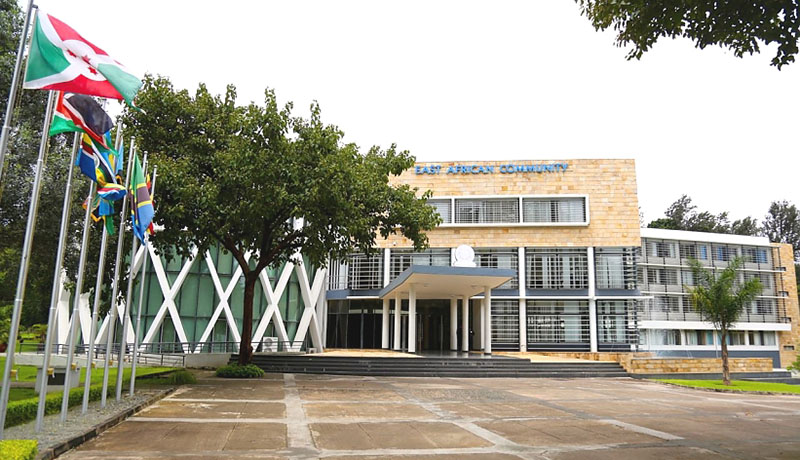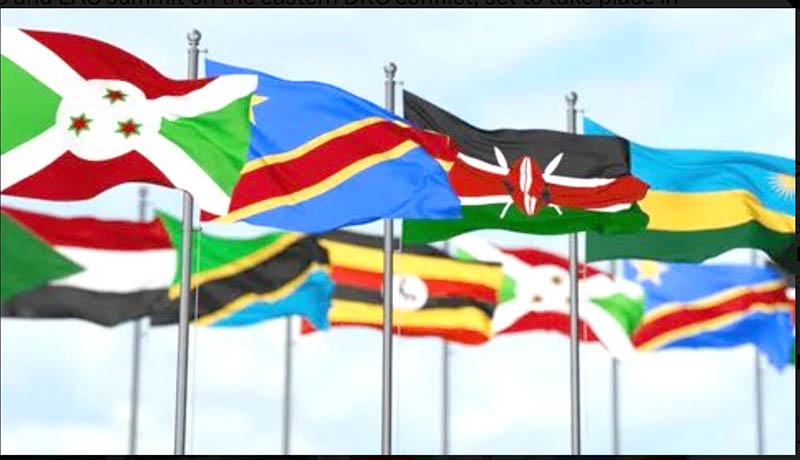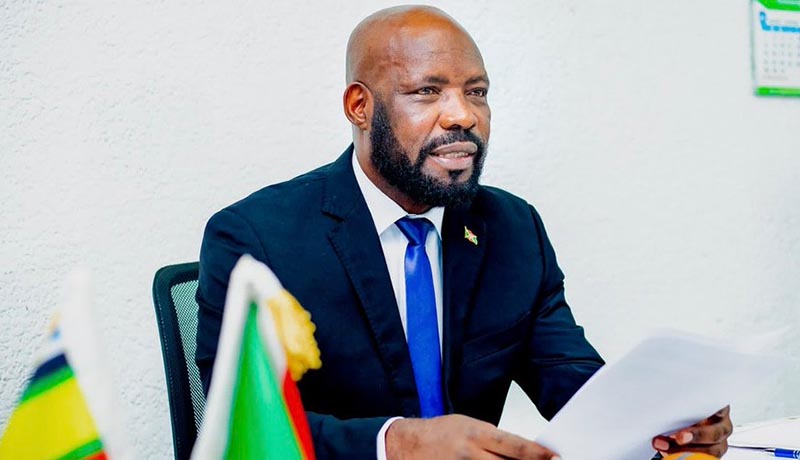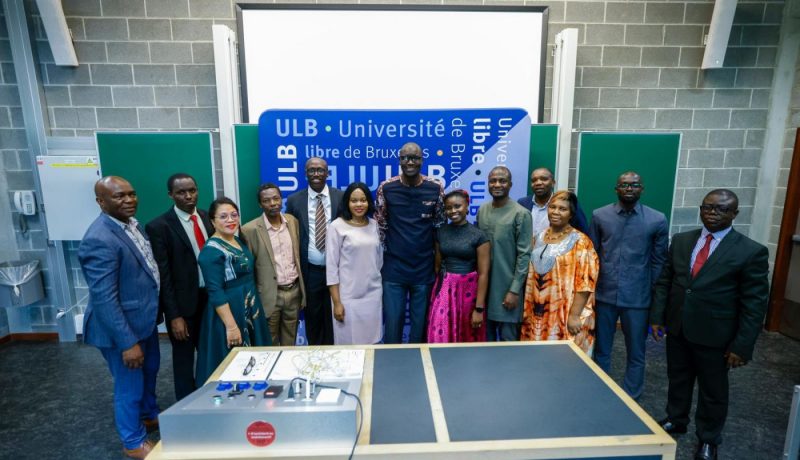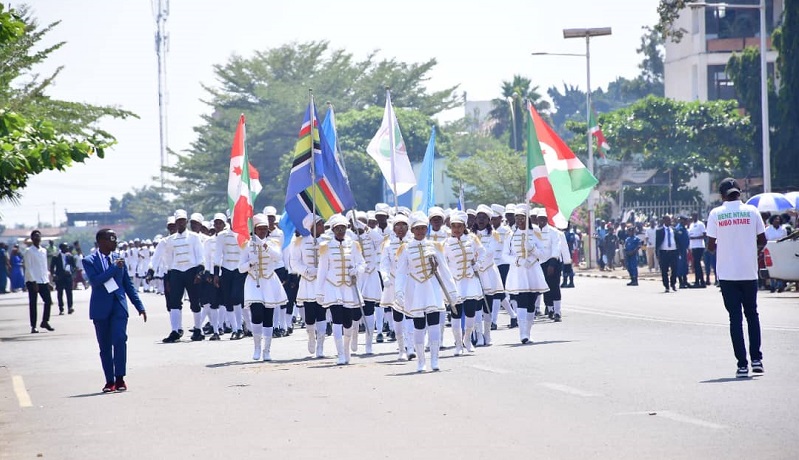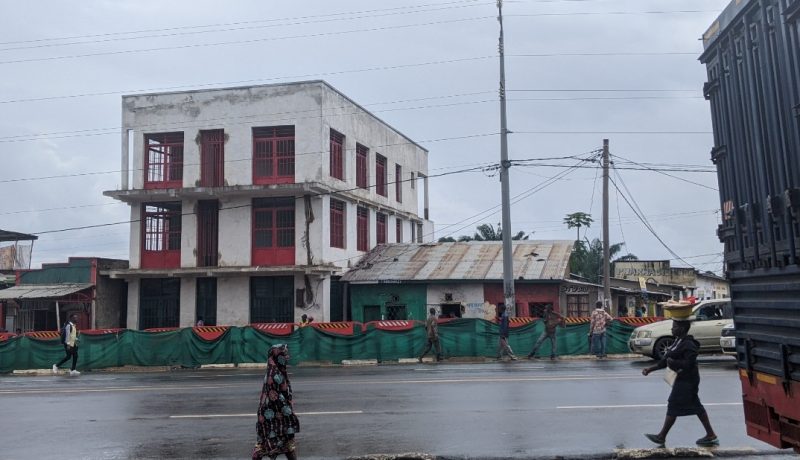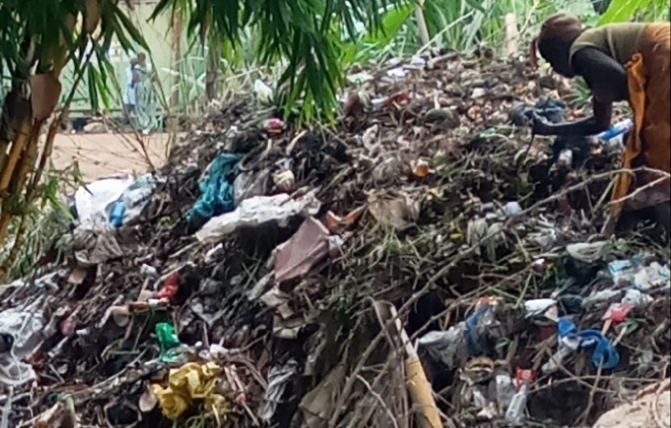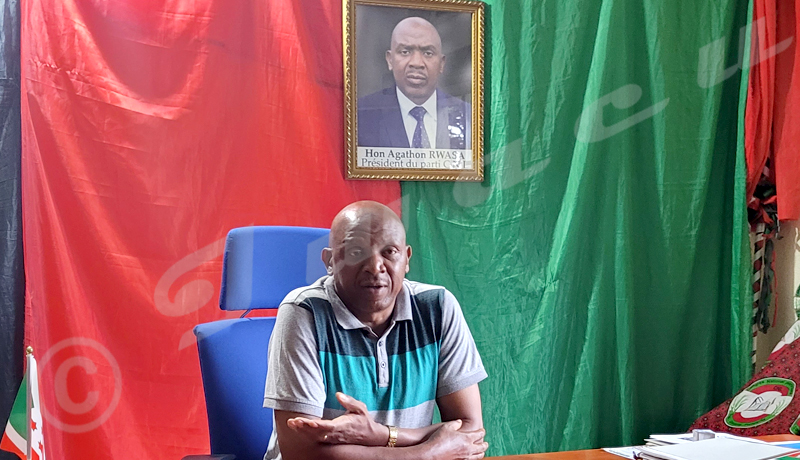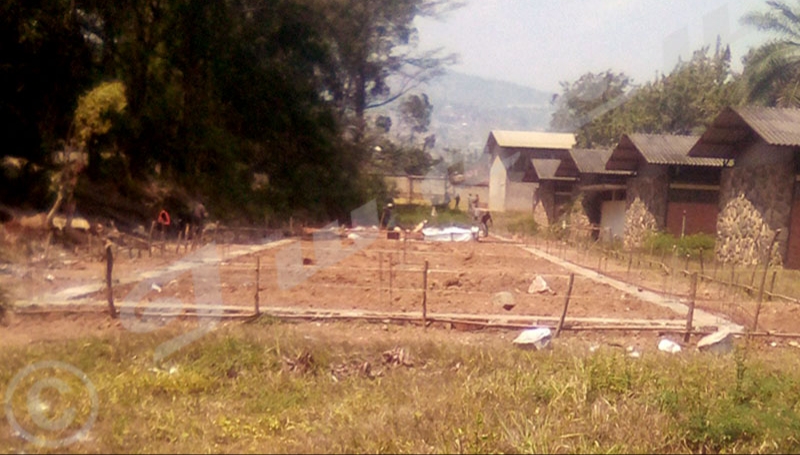Despite the introduction of Burundi in the EAC, its trade balance continues to deteriorate. To better understand this situation, Iwacu met with Richard Ndereyahaga, professor of international economics at the University of Burundi.
<doc5378|right>{What is meant by a deficit trade balance?} For a given country, or a particular region, the trade balance is defined as the difference between the value of exports and the value of imports of goods and services over a given period.
On a specified period, the measure of the trade balance is given by the following formula: Trade Balance = total exports of the country – total value of imports from the country.
A positive trade balance tells us about the fact that the country exports more goods and services than it imports (by value), and in such a situation, we talk of trade surplus situation; it also means that the country’s trade balance is a surplus. This situation is often seen as a guarantee of present or future economic prosperity as the country enjoys a stable economy and interest savings rates.
Conversely, a negative trade balance means the country imports more goods and services than it exports. In this case we talk about a situation of trade deficit or balance of trade deficit. Even if this notion of deficit contains in itself a negative aspect, the deficit should not necessarily be perceived negatively, but rather as a cyclic event in relation to the cycle of the economy.
Moreover, a negative trade balance is a more important problem in poor countries where economy and growth are down or at low levels and where resources are often in the hands of foreign investors.
In times of recession, it is advisable to avoid trade deficits as long as possible, but a trade deficit can be an asset for a country in periods of expansion, especially if it comes from a country with a strong and broad internal market and that has an important production, with a high capacity of penetration into foreign markets.
The trade balance of Burundi paradoxically continues to be in deficit since the entry of Burundi in the EAC. What do you think?
Burundi’s entry into the EAC is far from being responsible of "misfortunes" that hit the Burundian economy. Let us try to locate the causes of this deterioration at three levels. First, we need to consider that the situation of deficit is almost chronic with the Burundian economy. I want to make it clear that it is not at all fatal, but it is simply chronic and structural. Burundi is an underdeveloped economy, in a post-conflict situation, with a strongly outward-looking economy and a low internal production. In addition, consider the international economic situation that lives a major crisis, in which most donors are reluctant to lend their support as they themselves have other priorities. These causes are combined with the attitude of Burundi’s development partners who have difficulties to trust the government of Burundi in view of the current socio-political climate.
Does this situation have the negative effects on the process of Burundi’s integration of Burundi within the EAC?
On the one hand, one of the negative effects is that its economy is losing its competitiveness; it remains less attractive compared to other economies.
On the other hand, Burundi is much more exposed to external hazards because of its very strong external dependence.
The value of the Burundian franc continues to plummet. Is there a link with the trade balance?
The relationship can be bidirectional: that from the balance of trade to the exchange rate or vice versa.
For the first dimension, when balance of current transactions, consisting primarily of the trade balance is in deficit, imports (by value) become increasingly higher than exports (in value), and as a result, demand for foreign currencies to carry out external payments will exceed the same currencies to make payments from Burundi. Thus the national currency will tend to depreciate, because we are in flexible exchange rates or be devalued if we are in fixed or adjustable exchange rates against other currencies used for these businesses.
Secondly, on the short term, any depreciation of the national currency against foreign currency results in a decline in the trade performance of the country. But normally, on the long run, if the depreciation is maintained or maintained voluntarily by policy makers or the economic agents/operators, it eventually rewards or pays for greater competitiveness of the exports of the country to foreign companies that are competing in foreign markets. However, with virtual certainty, I want to clarify that the current Burundian currency depreciation does bring nothing beneficial, in the short term or medium term, and even less in a long term because it is of structural origin on the one hand, and it falls within the institutional inefficiency of economic policy makers, on the other hand.
How can Burundi address this deficit situation ?
Burundi must reconnect with the minimum conditions required by our partners so that they reopen “the taps” of foreign aid which dries up more and more, to create more jobs, increase domestic production and aim for self-sufficiency in food supply. It is also important for our country, to increase production in the sector of export of products with high potential of economic and financial profitability, diversify the Burundian economy by encouraging a service economy and imitate the best examples of good governance at economic, political, legal and even social levels. It is also important to further strengthen the attractiveness of Burundi to foreign investment and encourage Burundians everywhere to show love for their homeland by investing more than they do today (money, works, ideas, thoughts, expertise, knowledge, etc…).
